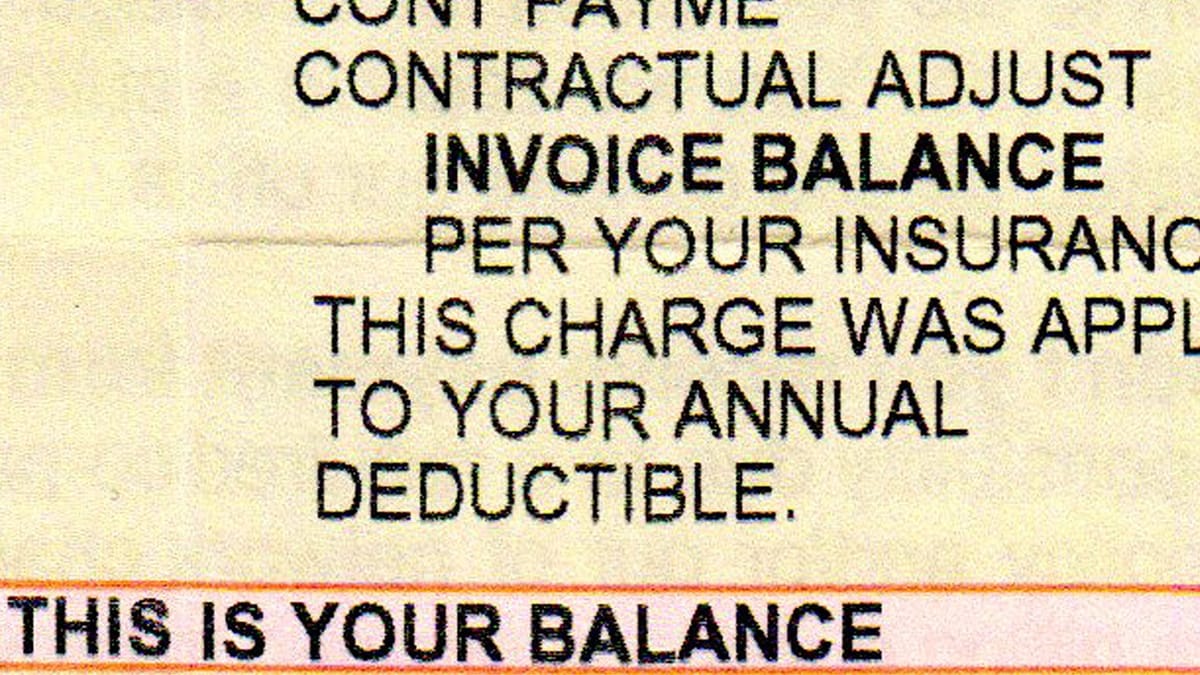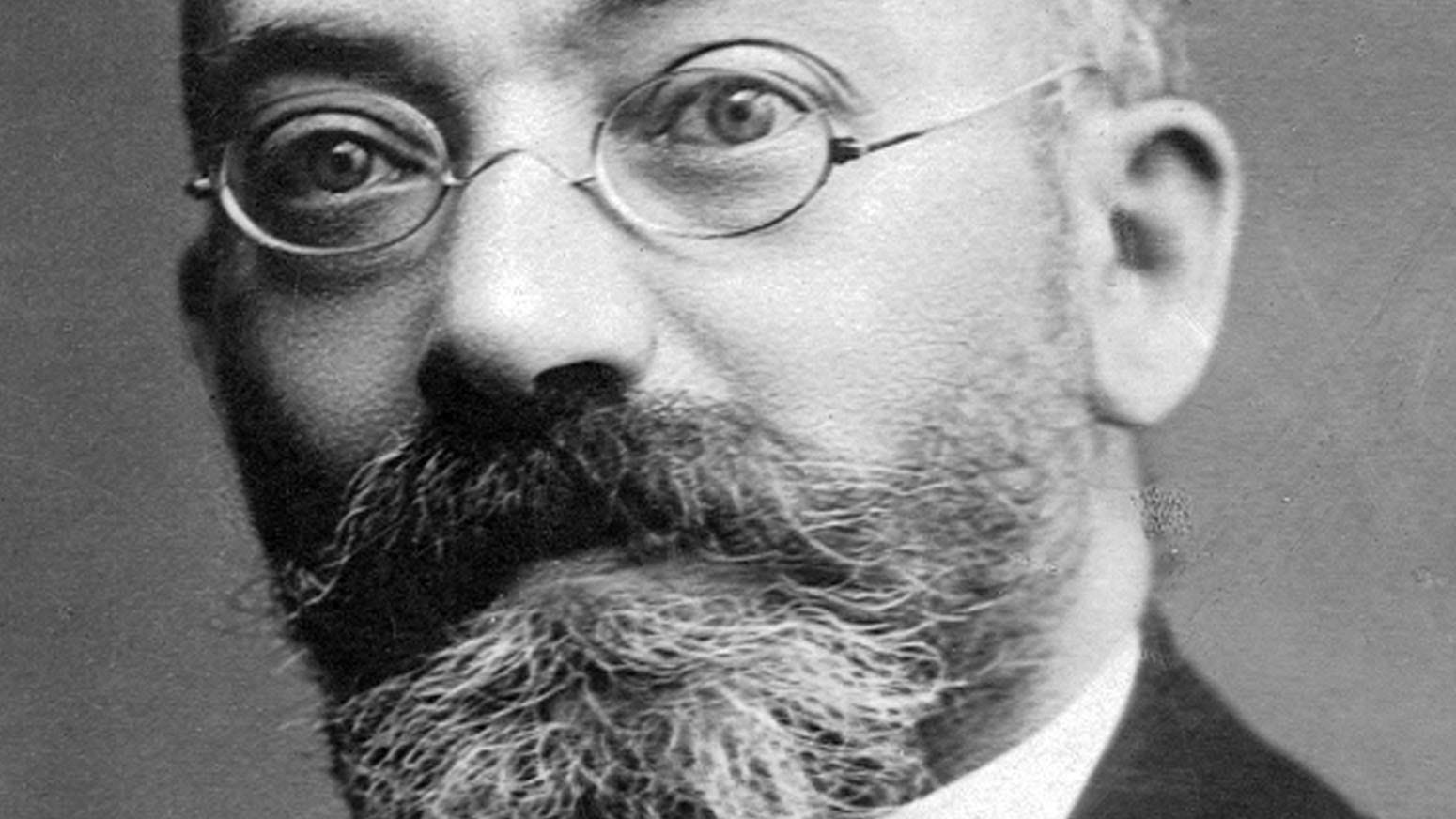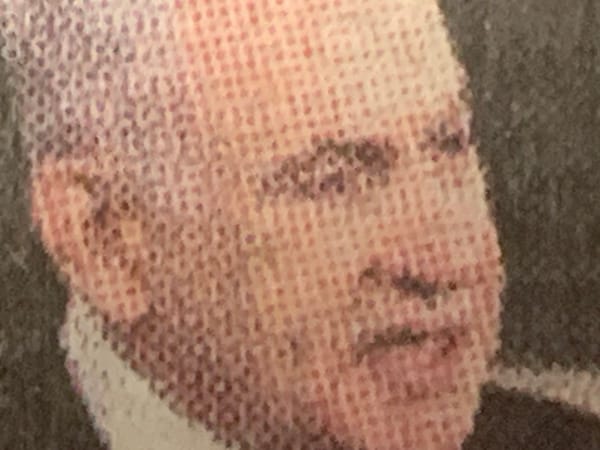Indignity Vol. 1 No. 45: Government swabs.
PUBLIC HEALTH DEP'T.

How to Build a Failed Covid Testing Plan
HOME COVID TESTS might be the second-most comforting way of managing the experience of getting through the pandemic, behind the vaccine. Instead of worrying in the abstract about risk and exposure, you stick something up your nose, put it into the test kit, and in 15 minutes get a helpful piece of information. Did the outbreak among the fifth graders get contained before it reached the household? Is it OK to travel for Thanksgiving? You still have to make a guess, but it's not a blind guess.
Mostly the pandemic has been defined by ignorance. Early on, public health experts made it clear that the key to fighting the coronavirus would be knowing where the virus was going and how it was spreading, through testing and contact tracing. And then, collectively, we never really did it. Eventually there were enough free testing places you could find one and go get a test if you felt sick, or if you needed to travel—and then, for about $25 per two-pack, there came the over-the-counter do-it-yourself tests—but all of it was still a matter of scattered individual effort, not an ongoing, ubiquitous mass program.
Without easy, universal testing, public health authorities tried shutting everything down, then reopening the wrong things, or reopening things too soon, until the whole enterprise had devolved into a particularly stupid and lethal front in the culture wars. What could have been graduated policy steps, based on careful monitoring of the results—targeted mask mandates, restaurant openings or closings, public facilities opening at partial capacity, vaccine mandates—became all-or-nothing struggles, potentially pointless hygiene theater versus the potentially fatal chance to own the libs. All the while, the virus kept spreading, and the more it spread, the more opportunities it had to mutate.
Thursday, as part of its plan for fighting the still-unchecked pandemic through another winter, the Biden administration announced its intention to promote more testing: "To expand access and affordability of at-home COVID-19 tests, the Departments of Health and Human Services, Labor and the Treasury will issue guidance by January 15th to clarify that individuals who purchase OTC COVID-19 diagnostic tests will be able to seek reimbursement from their group health plan or health insurance issuer and have insurance cover the cost during the public health emergency."
As many, many people quickly noted, this is an almost unbelievably bad strategy to promote free Covid testing. Buy a test, swab your nose, test the swab, wait 15 minutes for the result—and then submit a claim for the purchase price of the test to your health insurance company, to eventually be reimbursed, unless it's denied, in which case you will have to submit an appeal.
No one wants to do this. Some people can't afford to pay $25 up front for a two-test kit—$100 a month if you're testing a family of four biweekly. And people who can cover the cost still don't want to deal with their health insurers. People hate dealing with their health insurance companies!
Right now, in our household, we can buy the tests with money in our health savings account. Even though it would theoretically, in the end, cost less money to get full reimbursement from our health insurer under the Biden plan, I'm pretty sure I'd be less likely to buy tests if I knew it meant going through the hassle of filing a claim.
If the government wants people to have free Covid test kits, a pretty obvious alternative solution would be for the government to give people Covid test kits. For poor people or people without insurance, the Biden administration already plans to make 25 million kits available for free pickup at community health centers. Why stop at 25 million? Why make people go find them? As the journalist Steven Thrasher tweeted: "Just mail the damn tests to households via the postal service and hand them out at vaccination sites and schools for free like they did in Switzerland!!"
Sometimes, in the struggle between the energized left and the ruling center, people criticize policy proposals because they meet a collective need in an unnecessarily complicated way, bringing the private sector into a project so that it ends up being less helpful to the public. That's obviously the case here; getting people to test themselves as much as possible is a public health measure, and it makes no sense to process and fund that goal as if it were an individual health benefit.
But it's not even clear why the insurance industry would want to be involved. Suppose, despite the clear difficulties, the Biden plan worked after all—that testing reimbursements did, in fact, encourage everyone to go out and buy tests and use them. More than 200 million Americans are on private health insurance. If everyone got tested every other week through the winter, from January through March, that would be more than 1 billion new reimbursement claims for the insurance industry to process, each for some share of a $25 transaction. Who is going to do all that extra work? Take pity on the insurers, and just send everybody some tests.


CROSS-PROMOTION DEP'T.
Holy Schmoes
GRAYDON CARTER’S WEEKLY Air Mail newsletter asked me to write about the new book Accidental Gods: On Men Unwittingly Turned Divine, by Anna Della Subin:
“The accidental god haunts modernity,” Subin writes. Against the background of wars, uprisings, ideological awakenings, and the rise and fall of colonial empires, divinities and demons have kept claiming the most improbable of vessels. A harsh administrator in French Niger locks up restive people, and his own disembodied spirit possesses them and breaks them out of jail. A Japanese dissident religion, caught up in the spirit of universalism, decides to deify Ludwig Lazarus Zamenhof, the inventor of Esperanto.
Anthropologists set out to study people’s beliefs, only to discover those people choose to believe in the anthropologists. Four separate cultures, finding themselves in four separate footprints of American military empire, each respond by investing General Douglas MacArthur with some form of godhood.

Subin doesn't cover QAnon or Janauary 6, but reading her account of the global and historical power of the irrational, I became more and more convinced I might be reading the year's most relevant book about American politics.





